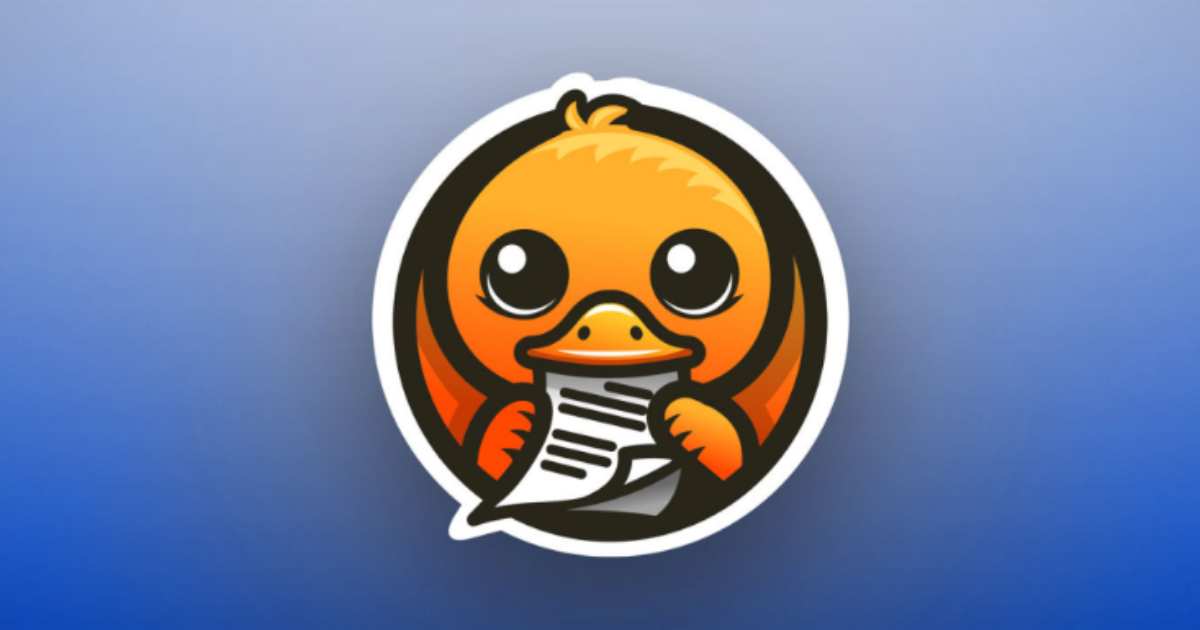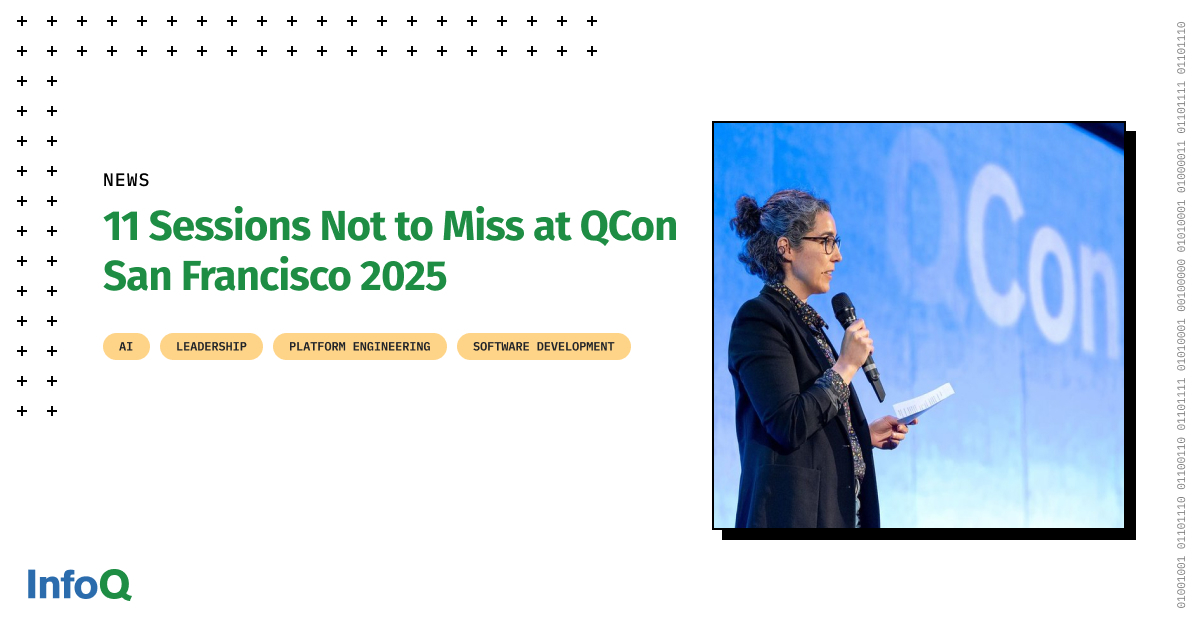Codetown
Codetown ::: a software developer's community
Anyone had experience with time-saving toolkits for Mobile Development?
I've done both iOS programming for iPad/iPhone and Android programming. All in the native platforms - Objective-C for iOS and Java for Android. Conversion between the two is much easier than porting to basic or an other non-C-derived language, but still takes no small amount of effort.
There are toolkits that claim to make the development and porting much easier. Specifically, MonoTouch by Novel and a tool called Sencha-touch.
Does anyone have an experience with these?
My past experience with toolkits that claim to save time has been much to the opposite. Generally there is less initial development time, but maintainence becomes clumsy and cumbersome.
Any thoughts?
Tags:
Replies to This Discussion
-
Permalink Reply by Kevin Neelands on May 28, 2012 at 8:28am
-
Have you used phonegap? And if you did. did it save man-hours in the long run?
-
-
Permalink Reply by Richard Dean on May 28, 2012 at 11:17am
-
Yes, I would also like to hear about other's experience with PhoneGap.
Kevin Neelands said:Have you used phonegap? And if you did. did it save man-hours in the long run?
-
-
Permalink Reply by Jackie Gleason on May 28, 2012 at 2:10pm
-
Phone gap and titanium are good although you would have to follow their convention. I would say givin you are used to working in a c-based language you just use c then just implement the UI in objective-c or java. Or even better use a open gl es based UI library then it will run on both (basically what some frameworks do). I have been toying lately with the idea of using node native modules compiled for arm but I am still working on that.
P.S. you can compile objective c natively on android but not all the cocoa libraries (uikit) are open sourced yet. -
-
Permalink Reply by Vlad Sanchez on May 28, 2012 at 2:21pm
-
Check out Corona. Although it is mostly used for game development, I've known many people using it for database applications lately. I've attended their last Meetup and it was an inspiring experience.
I personally was looking to overcome the fragmentation issues. After the meetup I realized there are no silver bullets. It's even a topic many people avoid talking about.
I hope this helps. Try Corona, it's free to try and very cheap to use commercially.
-
-
Permalink Reply by Jackie Gleason on May 28, 2012 at 6:36pm
-
Corona looks interesting but -1 for needing to buy and -1 for not having a responsive website
-
Notes
Welcome to Codetown!
 Codetown is a social network. It's got blogs, forums, groups, personal pages and more! You might think of Codetown as a funky camper van with lots of compartments for your stuff and a great multimedia system, too! Best of all, Codetown has room for all of your friends.
Codetown is a social network. It's got blogs, forums, groups, personal pages and more! You might think of Codetown as a funky camper van with lots of compartments for your stuff and a great multimedia system, too! Best of all, Codetown has room for all of your friends.
Created by Michael Levin Dec 18, 2008 at 6:56pm. Last updated by Michael Levin May 4, 2018.
Looking for Jobs or Staff?
Check out the Codetown Jobs group.
InfoQ Reading List
IBM Releases Granite-Docling-258M, a Compact Vision-Language Model for Precise Document Conversion

IBM Research has recently introduced Granite-Docling-258M, a new open-source vision-language model (VLM) designed for high-fidelity document-to-text conversion while preserving complex layouts, tables, equations, and lists.
By Robert Krzaczyński11 Sessions Not to Miss at QCon San Francisco 2025

As QCon San Francisco (Nov 17-21, 2025) approaches, the conference's program committee and track hosts are sharing their top picks from this year's lineup. Their selections span a wide range of topics, from AI-accelerated development and platform engineering to resilience patterns and career growth, all with QCon's signature focus on real-world case studies and lessons learned.
By Artenisa ChatziouPresentation: Building Distributed Event-Driven Architectures Across Multi-Cloud Boundaries

Teena Idnani explains how to architect and build resilient event-driven distributed systems in a multi-cloud reality. Using a fictional bank's migration journey, she shares practical, code-level solutions for overcoming major challenges: managing cross-cloud latency, ensuring event ordering and consistency, building resilience by design, and preventing duplicate events.
By Teena IdnaniGitHub Adds Post-Quantum Secure SSH Key Exchange to Protect Git Data in Transit

GitHub is introducing a hybrid post-quantum secure key exchange algorithm for SSH access when interacting with Git over SSH.
By Craig RisiMeta Ships React 19.2 Featuring Activity API, Cache Signals, and SSR Enhancements

React 19.2 introduces new APIs and performance improvements focused on better UI control and server rendering. Key additions include the new Activity component for managing UI states without losing component state, and the useEffectEvent hook, which separates event logic from effect dependencies.
By Daniel Curtis
© 2025 Created by Michael Levin.
Powered by
![]()